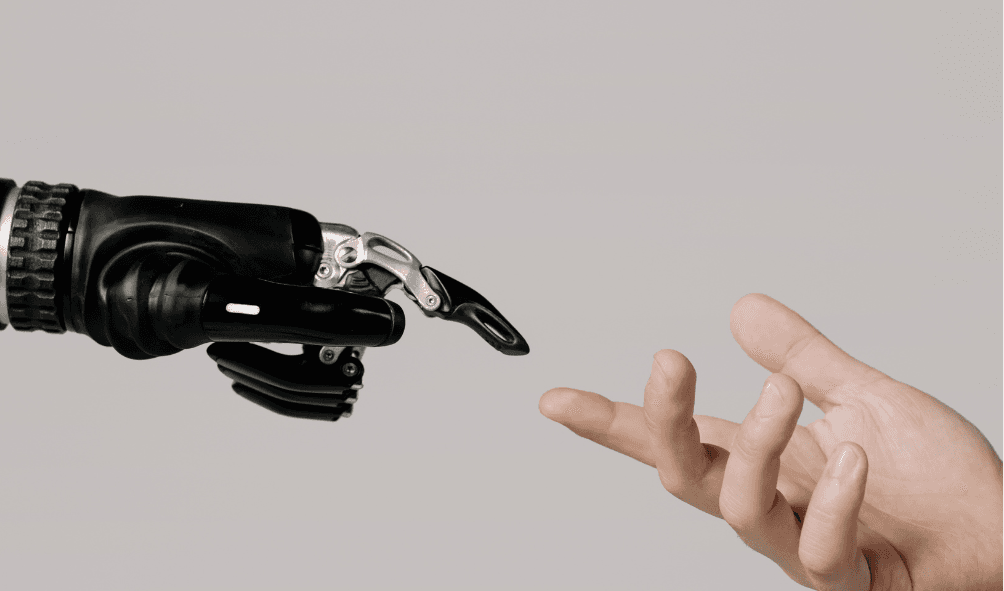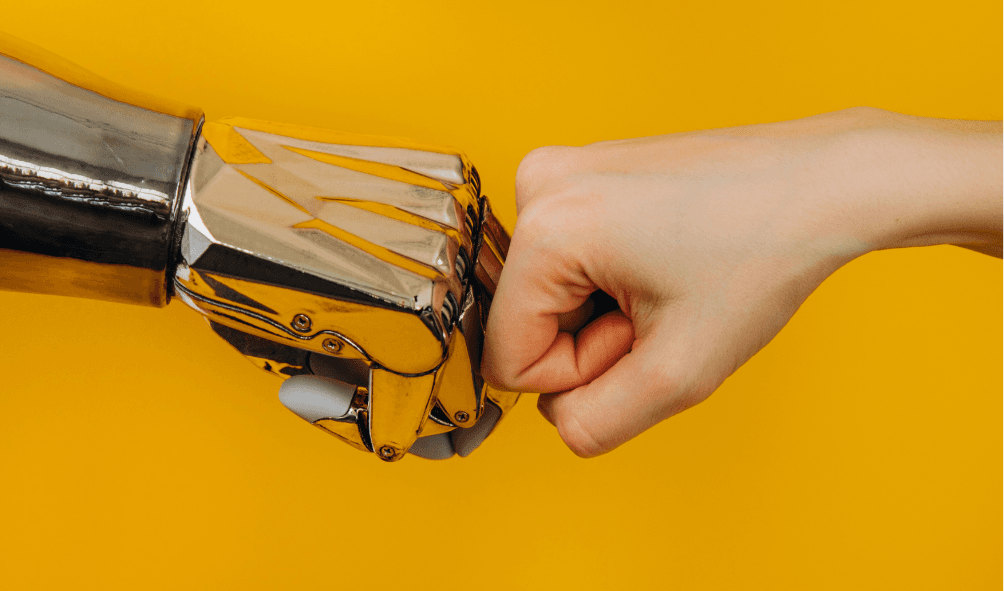AI vs. Virtual Assistants: Why the Human Touch Still Wins

The rise of artificial intelligence (AI) has been groundbreaking, sparking widespread curiosity and debate. This evolution has often been dramatized in popular culture, such as the AI Artificial Intelligence movie, which examines the complex relationship between AI and humanity. As we increasingly integrate AI into our lives, from innovative artificial intelligence apps to niche tools like the artificial intelligence death calculator —a trending app designed to estimate life expectancy based on data, AI is reshaping how we approach work and life.
For businesses, the conversation often revolves around whether to replace human virtual assistants (VAs) with AI. While AI continues to impress with its ability to automate and optimize, it’s clear that human VAs remain indispensable for specific roles. Here’s why:
Key Statistics Show the Need for Both
- A 2023 survey found that 46% of U.S. companies use AI tools like chatbots, but still rely on human VAs for tasks requiring judgment and empathy.
- By 2025, half of all knowledge workers are expected to use a virtual assistant, highlighting the ongoing synergy between human and AI roles.
- Microsoft reports that 75% of knowledge workers utilize AI, with 90% experiencing time savings and 85% focusing more on meaningful work as a result.
AI: A Powerful Tool, Not a Replacement
When it comes to virtual assistant jobs remote, human expertise offers qualities that AI cannot replicate. Instead of replacing your workforce, AI should be viewed as a tool to empower them. By automating routine tasks and delivering data-driven insights, AI enables human VAs to focus on what they do best: creativity, strategy, and relationship building. This collaboration drives productivity and innovation, proving that humans and AI are stronger together.
Five Reasons Human Virtual Assistants Outperform AI
- Emotional Intelligence and Empathy: Human VAs excel at understanding nuances in communication, including tone and context, enabling them to provide genuine empathy and personalized service.
- Complex Problem-Solving: Unlike AI, which relies on preprogrammed logic, humans can tackle intricate problems with creativity, judgment, and negotiation skills.
- Adaptability and Flexibility: Human VAs are dynamic thinkers who can adjust to unforeseen challenges and opportunities, often devising innovative solutions AI would overlook.
- Cultural Sensitivity and Personalization: With an understanding of cultural norms and individual preferences, human VAs can deliver tailored service, fostering deeper connections.
- Trust and Relationship Building Trust : is built on human rapport and reliability. Whether handling sensitive information or offering a personal touch, human interaction remains irreplaceable.
The Bottom Line: Collaboration Over Replacement
While AI excels at repetitive tasks, it lacks the adaptability, empathy, and cultural insight intrinsic to human VAs. A balanced approach that leverages the strengths of both AI and human expertise is the key to achieving exceptional results.

Final Thought: Empower, Don’t Replace
Before choosing AI over human support, consider these questions:
- How can AI enhance your team’s productivity without competing with them?
- Which aspects of your business thrive on human creativity and empathy?
- How can a human-AI partnership yield better outcomes?
By thoughtfully addressing these points, businesses can embrace AI as a complementary force that amplifies human capabilities, fostering innovation and meaningful connections.

Save 78% on Hiring Costs with a Virtual Assistant.
Save More. Gain Time. Book a Call Today.